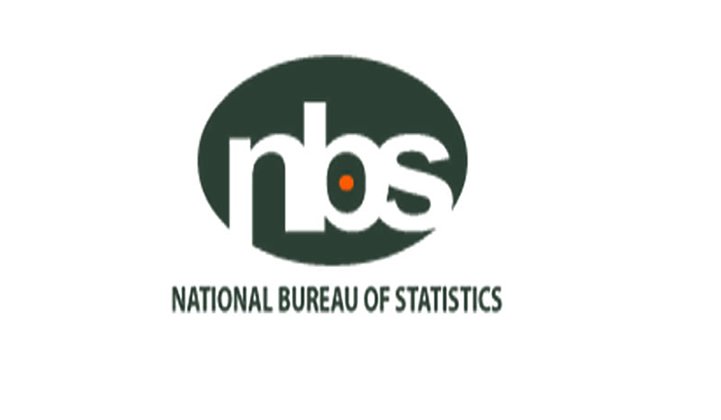Nigeria’s inflation rate has risen to 21.91 percent in February 2023, up from 21.82 percent in the previous month.
The percentage represents a 0.09% point increase.
This was disclosed in a recent Consumer Price Index report by the National Bureau of Statistics (NBS) on Wednesday.
The rise in the inflation rate followed the naira crisis across the country and uncertainties relating to the just concluded presidential election.
According to the NBS report, “the February 2023 inflation rate showed an increase of 0.09 percent points when compared to that of January 2023 headline inflation rate”.
“Similarly, on a year-on-year basis, the headline inflation rate was 6.21 percent points higher compared to the rate recorded in February 2022, which was 15.70 percent,” the bureau said.
“This shows that the headline inflation rate (year-on-year basis) increased in February 2023 when compared to the same month in the preceding year (i.e., February 2022).
“On a month-on-month basis, the percentage change in the all-items index in February 2023 was 1.71 percent, which was 0.16 percent points lower than the rate recorded in January 2023 (1.87 percent).”
This means that in February 2023, on average, the general price level was 0.16 percent lower relative to January 2023.
NBS also explained that the percentage change in the average CPI for the 12 months period ending February 2023 over the average of the CPI for the previous 12 months period was 19.87 percent, showing a 3.15 percent points increase compared to 16.73 percent recorded in February 2022.
FOOD INFLATION SURGES TO 24.35 PERCENT
According to the bureau, the food inflation rate in February 2023 was 24.35 percent on a year-on-year basis — representing a 7.24 percent points increase compared to the 17.11 percent recorded in February 2022.
The statistics body said the rise in food inflation was caused by increases in prices of oil and fat, bread and cereals, potatoes, yam and other tubers, fish, fruits, meat, vegetable, and food product.
On the state profile, Kwara, Imo, and Lagos residents paid more for food in the period under review.
“On a month-on-month basis, the food inflation rate in February 2023 was 1.90 percent, indicating a 0.18 percent points decrease compared to the rate recorded in January 2023 (2.08 percent).” the report reads.
“The average annual rate of food inflation for the twelve-months ending February 2023 over the previous twelve-months average was 22.12 percent, which was a 2.44 percent points increase from the average annual rate of change recorded in February 2022 (19.69 percent).
“In February 2023, food inflation on a year-on-year basis was highest in Kwara (29.51 percent), Imo (27.47 percent), and Lagos (27.42 percent ); while Sokoto (18.54 percent ), Jigawa (19.67 percent ), and Yobe (21.89 percent) recorded the slowest rise.
“On a month-on-month basis, however, February 2023 food inflation was highest in Yobe (3.15 percent), Edo (3.03 percent ), and Ogun (2.90 Percent); while Rivers (0.75 percent), Sokoto (0.89 percent), and Nasarawa (0.90 percent) recorded the lowest.”

Comments are closed.